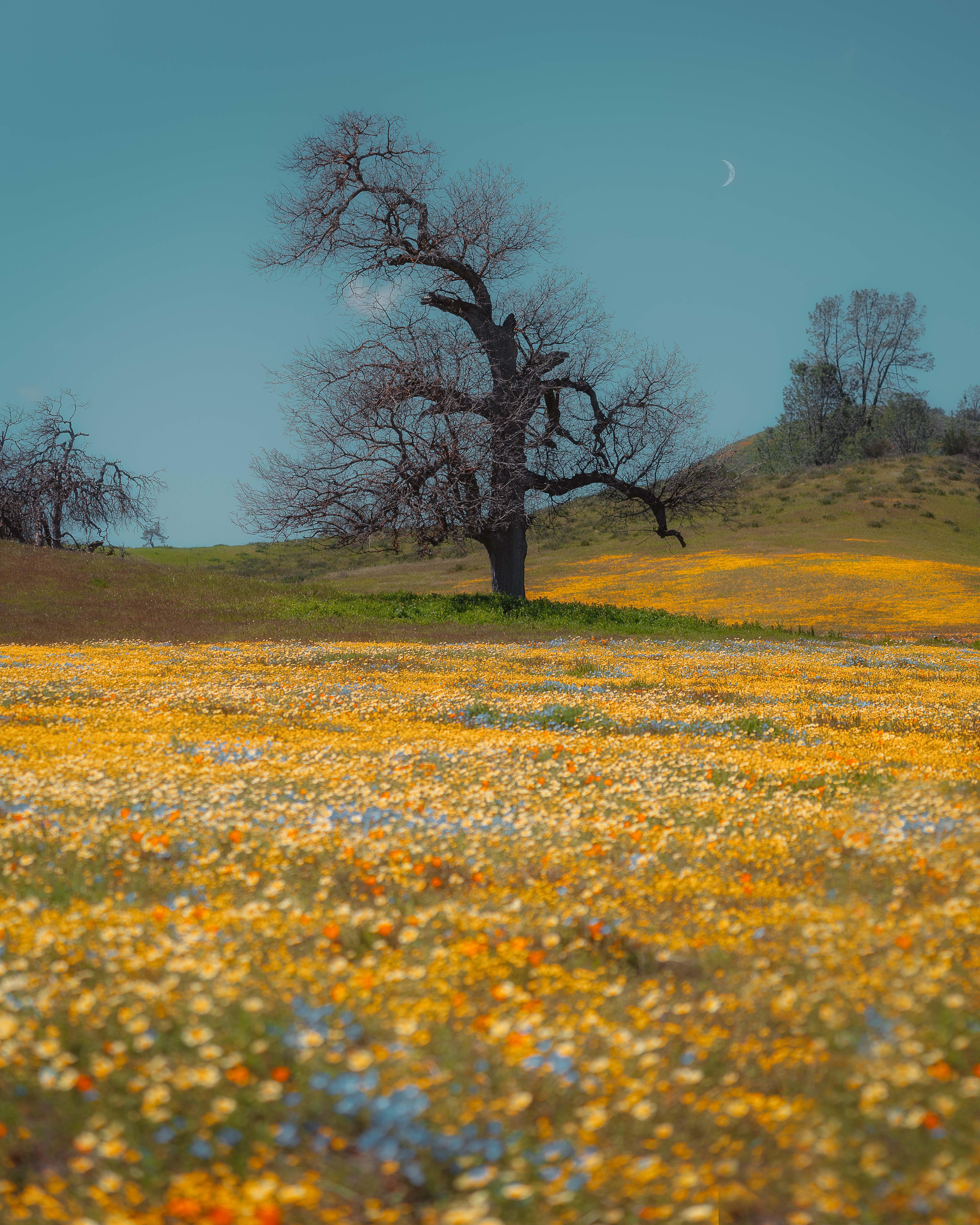I feel like I’ve seen this take a lot more in the past ~5 years than I did before. Not just that zoos are unethical, but that any animal ownership (or really interaction of any kind) is inherently abusive.
You’re certainly entitled to feel however you want about animal ownership and act accordingly, but personally I feel like it’s honestly kind of a weird take?
Humans are obviously not the only species that develops symbiolotic relationships with other organisms (in a diversity of power dynamics), but we are also not the only species who take on specifcally ownership or shepherd roles for other species (like spiders with frog pets, or fungus farmer ants, among many many other examples). Thus, the ontological position this opinion must operate from is that humans are somehow distinct and superior to nature, such that we have separate and unique responsibilities not to engage in mutualistic ownership with other organisms, on the basis that like, we’re somehow “above” that? That we’re so enlightened and knowledgeable that we exist in a category of responsibility distinct from all other organisms?
Of course, a lot of our relationships to animals can be described as harmful in other terms without needing to take this specific stance. Like, our relationship with many agricultural animals can be critiqued through the harm done to their individual well-beings and through the harm their propagation does to the global environment. Or irresponsible pet owners can be critiqued for how their unwillingness to control the reproduction or predatory abilities of their pets can harm local ecosystems, like an introduced invasive species might. Or valid criticisms of many zoos when they prioritize profits over animal welfare, rehabilitation, ecosystem restoration, and education. Or that the general public picking up wild animals is a problem because it disturbs their fragile ecosystems and traumatizes them, especially when done on the large scale of human populations (but distinctly not for ecological study, wild animal healthcare, education, etc., like Steve Irwin et. al) But none of these are specific criques of the mutualistic ownership relationship itself as much as problems with the way we handle that relationship.
Idk, I’m interested to understand your opinion, especially if it has detail I’m missing beyond “we shouldn’t have pets, zoos, or farms because we’re better than that”!





Why post this summary article from an obscure news group when you could have posted the actual report from the former official?
It’s written in accessible language, so it’s not like it’s too technical to understand or anything…